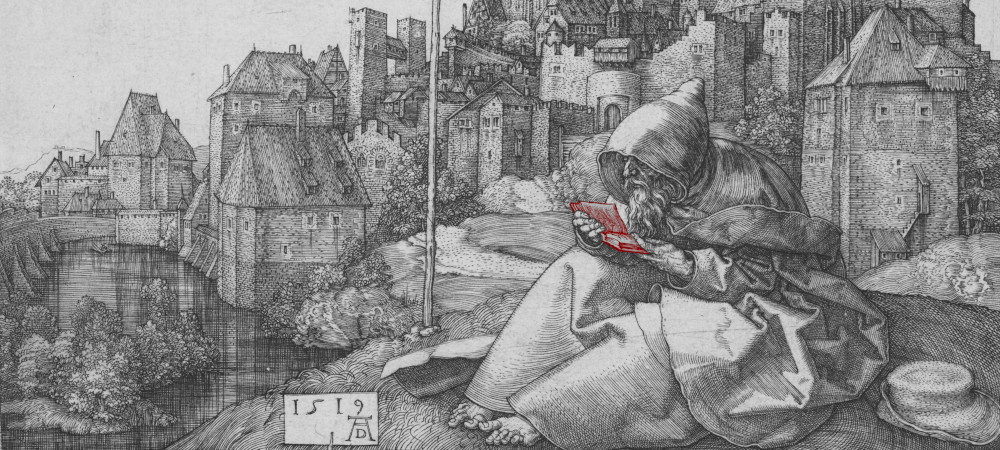Featured Essays
It is easy to think that the incremental move away from bare survival in the woods is a move away from nature. But culture is natural to man because human nature is to cultivate, in all the senses of that word’s root, the Latin word colo: to till the soil, to reap the fruits, to inhabit the same estate generation after generation, to devote oneself to the perfecting of something beautiful, to worship. Man is the cultural animal. We are Homo Colens.
An exploration of the concepts of personhood, personal identity, and personality in Dietrich von Hildebrand’s Liturgy and Personality, presented at the Hildebrand Colloquium on the Sacred, Catholic University of America, October 2021.
If any people in history knew it, the Romans knew how to be serious over serious things. Next to the cultured poets and philosophers of Athens, the Romans saw themselves as a race of soldiers and farmers. The religious rites that Numa instituted early in Rome’s history cultivated a deep reverence for ancestry and custom, for bonds between neighbors, and for those boundaries that designate and hallow sacred ground.
Latest Posts
Many know to define love as “willing the good of another,” but throughout the New Testament, we find instead the idea that love is the gift of one’s very self, one’s psyche, or soul.
Of all the many difficult sayings of Jesus, one in particular troubles my soul. He tells us that the one who seeks to save his “psyche” ends up losing it, but the one who loses it ends up finding it. I argue that this means much more than giving up one’s “life” in the final act of death, but rather involves the total and continual gift of one’s very self.
The modern attention economy bombards us with constant ugly branding that creates a continuous and cacophanous daily aesthetic experience for most people. In this post, however, I argue that we can escape the tyranny of this ugliness with just a little thought and effort.
